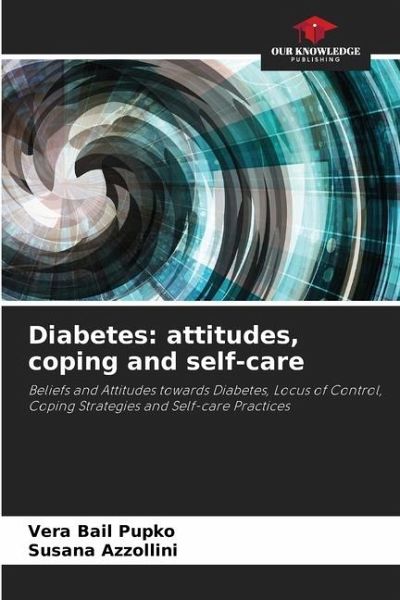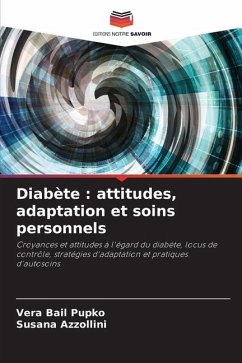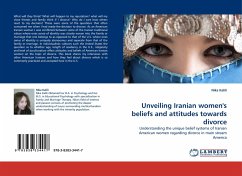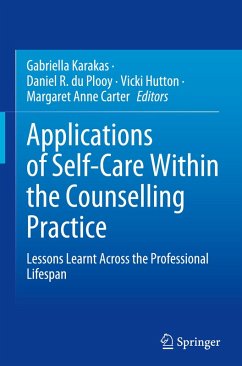
Diabetes: attitudes, coping and self-care
Beliefs and Attitudes towards Diabetes, Locus of Control, Coping Strategies and Self-care Practices
Versandkostenfrei!
Versandfertig in 6-10 Tagen
27,99 €
inkl. MwSt.

PAYBACK Punkte
14 °P sammeln!
This paper presents data from an investigation of the relationship between beliefs and attitudes towards diabetes, their influence on coping strategies and adherence to self-care, according to age, gender, socio-cultural level and locus of control of patients with type 2 diabetes attending public hospitals in the city of Buenos Aires. Attitudes towards the disease are related to the coping strategies used to deal with this situation. In turn, the strategies used are closely related to the patient's self-care patterns towards the disease. The patient's knowledge of the disease influences adhere...
This paper presents data from an investigation of the relationship between beliefs and attitudes towards diabetes, their influence on coping strategies and adherence to self-care, according to age, gender, socio-cultural level and locus of control of patients with type 2 diabetes attending public hospitals in the city of Buenos Aires. Attitudes towards the disease are related to the coping strategies used to deal with this situation. In turn, the strategies used are closely related to the patient's self-care patterns towards the disease. The patient's knowledge of the disease influences adherence to treatment. The results allow us to establish strategies that favour adherence to treatment, increase well-being and quality of life.












